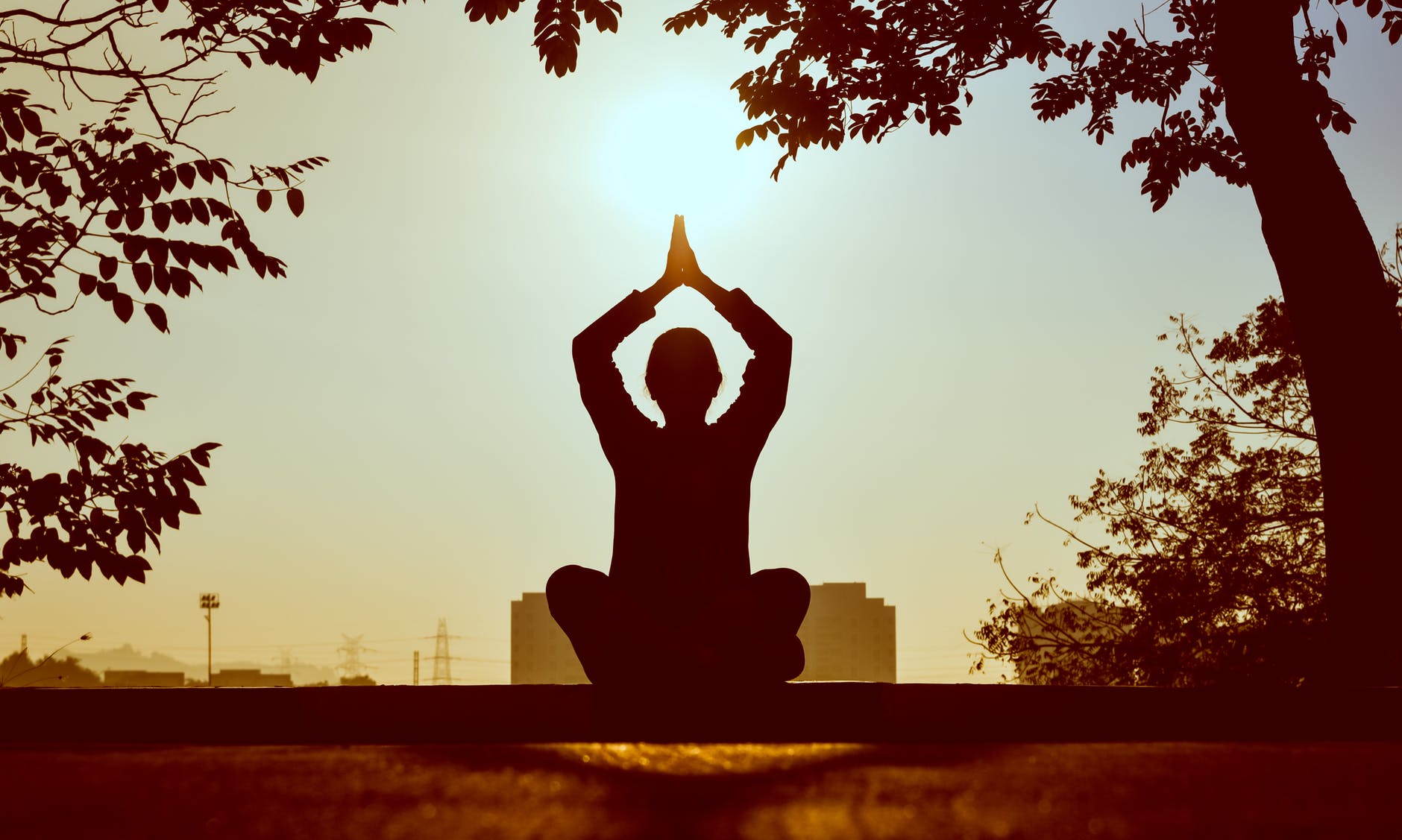

· By bedly comfort products
Does meditation work?
Meditation, meditation, meditation. I’m sure if you know someone that actively practices the art of meditation, that’s all they can talk about. If you’re like us, we always ask ourselves- does meditation really work? Apparently, the unequivocal answer is a resounding YES.
First, we must delve into what exactly is meditation? Mindfulness, breathing exercises, lying in bed, comforting music, thinking in silence, etc. There isn’t an exact definition to the age-old practice, but there’s one thing we can all agree on: meditation is different for everybody. Meditation is about training in awareness and getting a healthy sense of perspective, however you can achieve it.
Meditation is a skill— learning to meditate is a real thing. Have you ever tried to meditate and after a few days you say “yeah this is not for me.” Well, you’re not alone! There are thousands of people throughout the US who have done the same thing!
Here are some interesting facts about meditation: 14% of the US have tried meditation, women are more likely to meditate than men, general wellness is the number one reason people gave for meditation, and it is believed that globally between 200 and 500 million people actively meditate![1]
Now we’ll show you 3 different ways you can meditate. Don’t feel the need to pick just one. Try them out, see which one fits you. Of course there are many more, but there are the ones we enjoy the most:
- Mindfulness meditation: Mindfulness meditation is the process of being fully present with your thoughts. Being mindful means being aware of where we are and what we’re doing, and not being overly reactive to what’s going on around us. You can practice this by sitting in a quiet place, with just you and your thoughts, and be mindful about the present. Observe your thoughts and feelings and let them come to you without self-judgment.
- Guided Meditation: Guided meditation is a method of meditation in which you form mental pictures or situations that you find relaxing. This process is typically led (this is where “guided” comes from) by a teacher. In today’s interconnected world, that has now become an easy thing to find. There are many apps specializing in just that, and to name two popular apps for your convenience: The Calm App and Headspace.
- Vipassana Meditation: Vipassana, which means to see things as they really are, is one of India's most ancient techniques of meditation. This practice was taught in India more than 2500 years ago as a technique to get rid of universal ills. The benefits of this type of meditation include: relieving stress, reducing anxiety, improving mental wellness, promoting brain help and can help with treating addiction. How do you do it? What we’re about to share is not everything you need to do, but it’s a start. Set aside 15 minutes of your day (preferably in the morning), sit on the ground in a quiet area where you won’t be interrupted, close your eyes and breathe. Breathe naturally and focus on your breath. Be mindful of each inhale and exhale and come back to that when you begin to daze off. Aim to do this every morning for a few weeks for amazing results!
Multiple studies have shown meditation does indeed improve wellness and mental health. Now get out there, begin your meditation journey! You won’t regret it, you’ll most likely sleep better. :)
[1] Source: https://www.thegoodbody.com/meditation-statistics/

